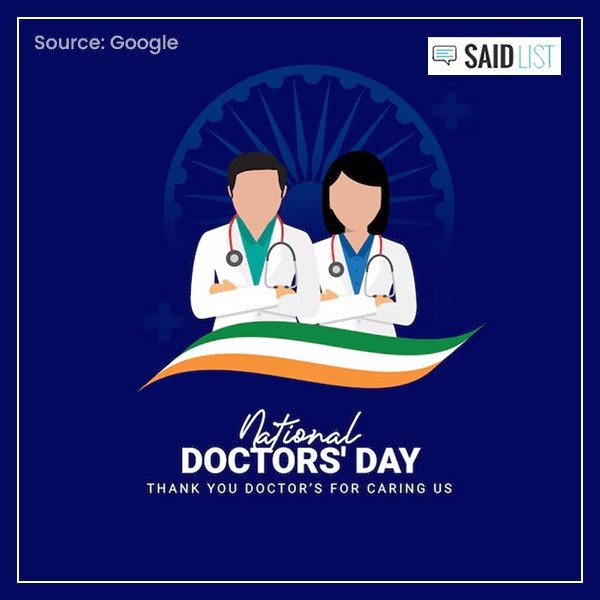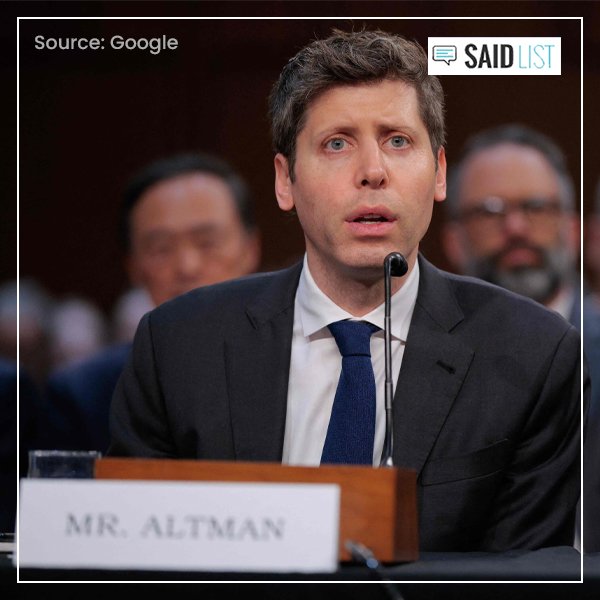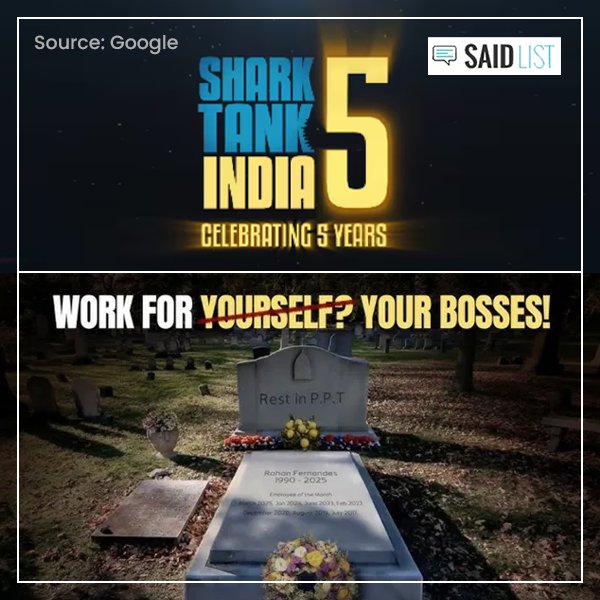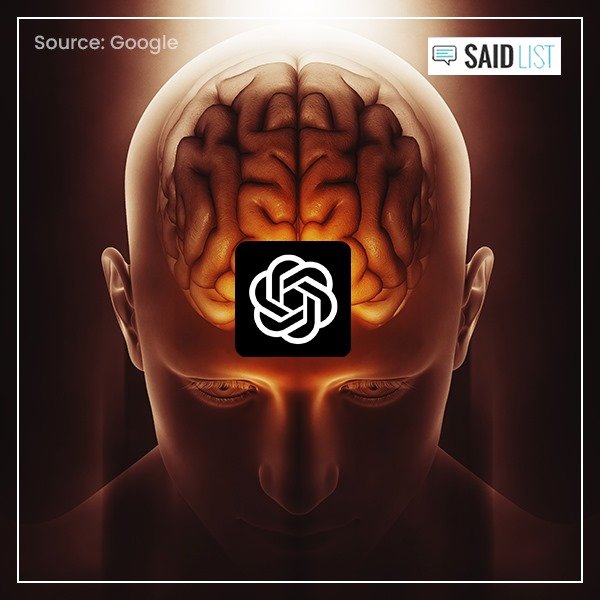Kamal Haasan’s controversial comments on the recent Hooch tragedy in Tamil Nadu has sparked debates. The occurrence of this incident which witnessed 56 people dead due to consumption of illicit liquor mixed with methanol, has led to a lot of anger and mourning across the state.
InIn Kallakurichi Medical College, people strongly opposed his remarks about drinking less and psychiatric counseling for victims. However, opposition parties like BJP criticized him even more severely for saying they were partly responsible because they crossed their limits.
BJP’s Amit Malviya condemned Haasan’s comments as heartless and accused him of escaping the blame from state government’s failure to stop illicit alcohol trade. Furthermore, Malviya added authorities should be made accountable for the regulatory violations that allowed such an event.
The response from the general public on social media has been quick and ruthless, with some people expressing surprise and disappointment towards his reaction on this matter. Moreover, critics argue that victim-blaming under such tragic circumstances erodes empathy and deflects discussions from addressing these factors at their root cause.
The Hooch tragedy has highlighted deeply rooted concerns in governance, law enforcement, and public health in Tamil Nadu. Demands for more stringent measures in the sale and distribution of bootleg alcohol have grown louder requiring an immediate corrective action to avert similar incidents in future.
This controversy questions Kamal Haasan’s political leadership and his capacity to share the pain with the masses. This incident reminds us that there’s a fine line between political rhetoric and genuine empathy when it comes to dealing with public calamities.
Hardened by mourning and anger, both governments state and central stand under pressure to address systemic flaws and ensure justice for victims as well as their loved ones. Post-Hooch tragedy era remains a test case for political accountability and ethical governance in Tamil Nadu.











